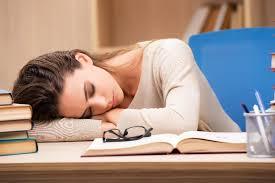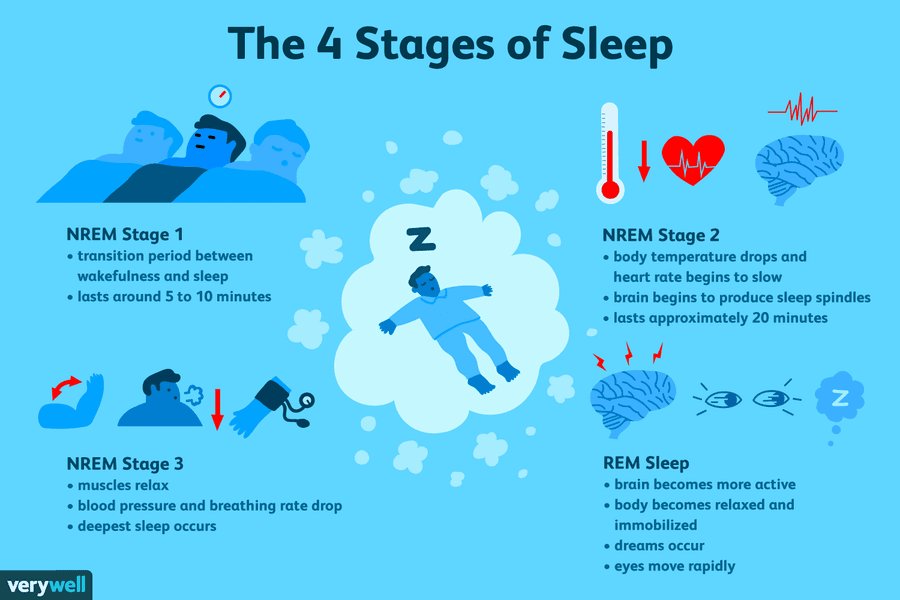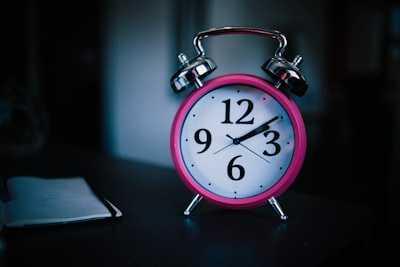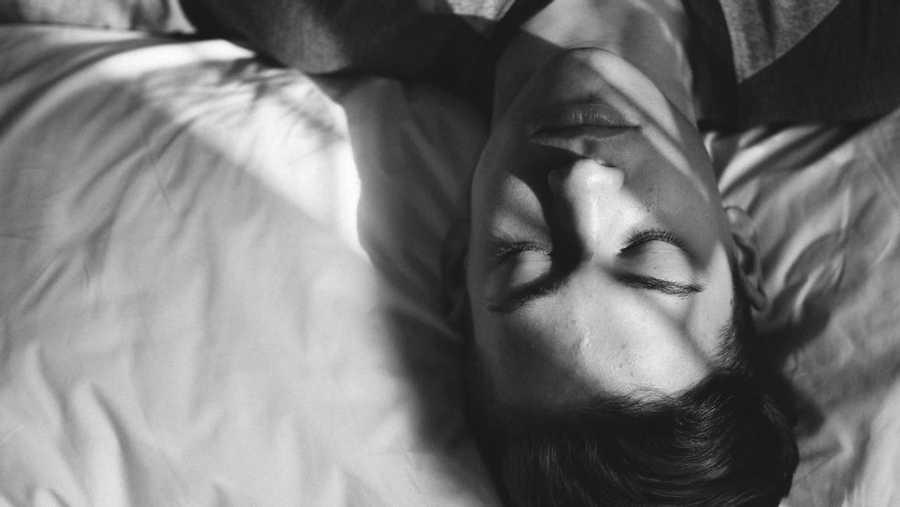Timing is everything
The best way to nap also depends on what kind of effects you’re looking for:
- If you’re looking for a restorative nap, you should sleep later in the day when you have an increased amount of slow wave sleep.
- If you’re looking for a nap that might aid your creativity and problem solving, you should sleep earlier in the day when you experience more REM.
233
668 reads
CURATED FROM
IDEAS CURATED BY
The idea is part of this collection:
Learn more about health with this collection
How to find purpose and meaning in life
How to cultivate gratitude
Techniques for managing negative thoughts
Related collections
Similar ideas to Timing is everything
Know your sleep stages
Different phases of sleep confer different benefits on the brain and body, so you can actually hack your nap by adjusting when you nap and for how long.
The first 20 minutes of your nap are spent in Stage 2 sleep, which provides energy and alertness. Stay asleep longer and you’ll enter slow...
Sleep in more
How long should you sleep?
The actual amount of time depends on your body’s needs, but your goal is to wake up feeling refreshed. While you’re sleeping, your body is doing the essential maintenance required.
Your cells are repairing, your brain is processing informa...
Getting Sufficient Sleep
When you’re consistently not getting enough sleep, you get used to feeling tired, and your body adapts to function on that amount of sleep. But this doesn’t mean that you’re performing at your best on this amount of sleep.
Even when you don’t feel physically ti...
Read & Learn
20x Faster
without
deepstash
with
deepstash
with
deepstash
Personalized microlearning
—
100+ Learning Journeys
—
Access to 200,000+ ideas
—
Access to the mobile app
—
Unlimited idea saving
—
—
Unlimited history
—
—
Unlimited listening to ideas
—
—
Downloading & offline access
—
—
Supercharge your mind with one idea per day
Enter your email and spend 1 minute every day to learn something new.
I agree to receive email updates



